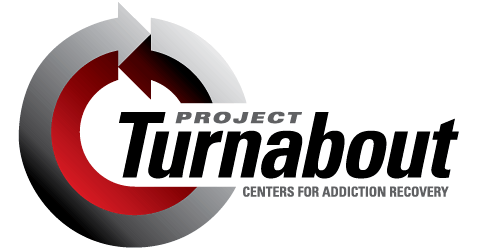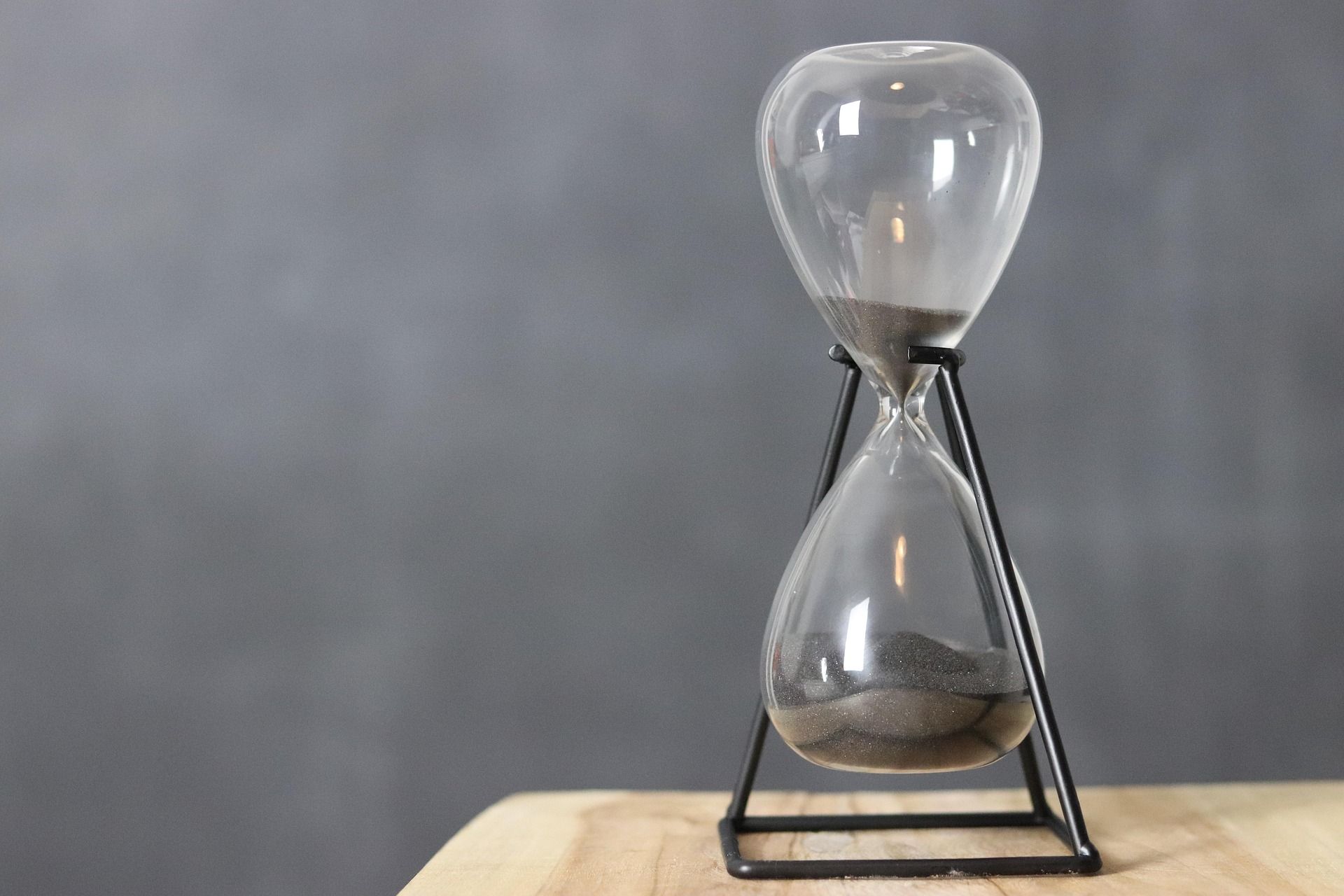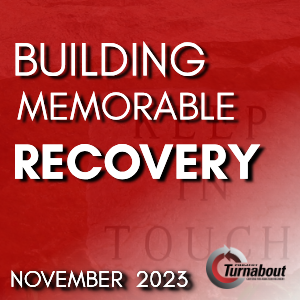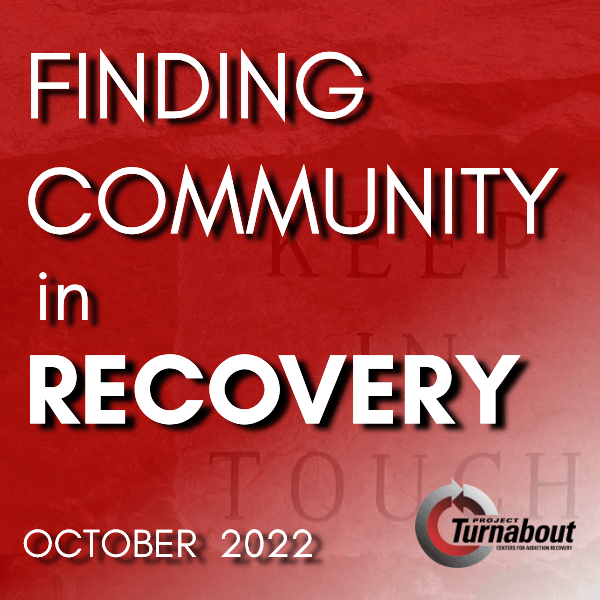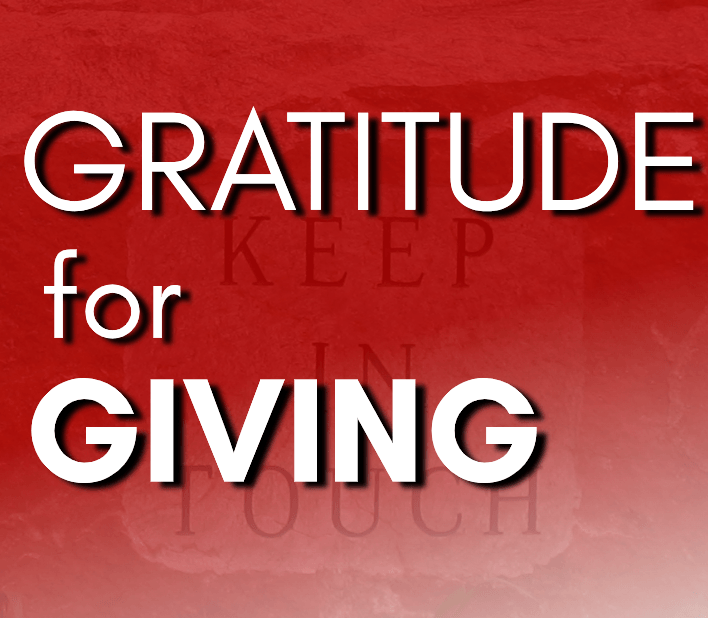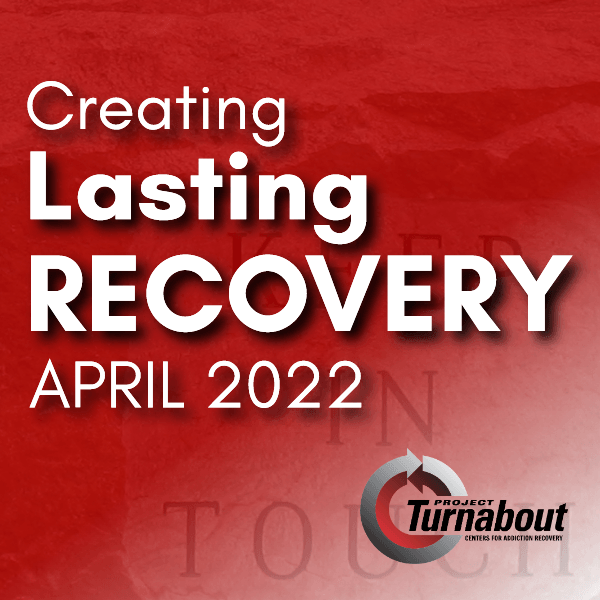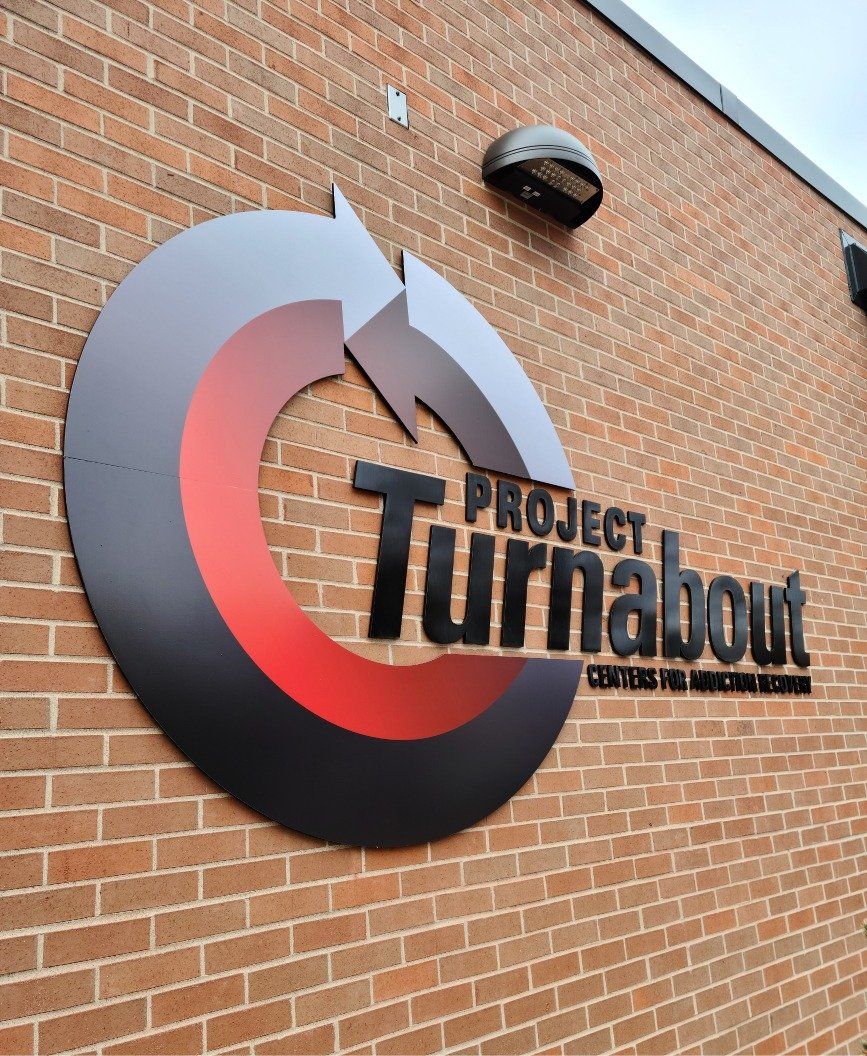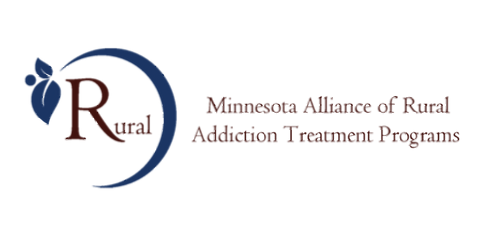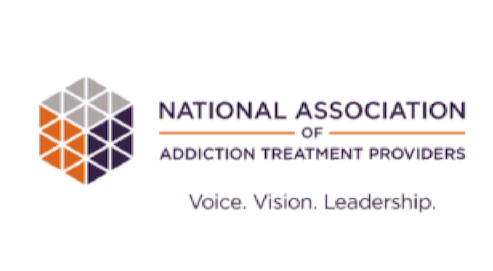April 30, 2020
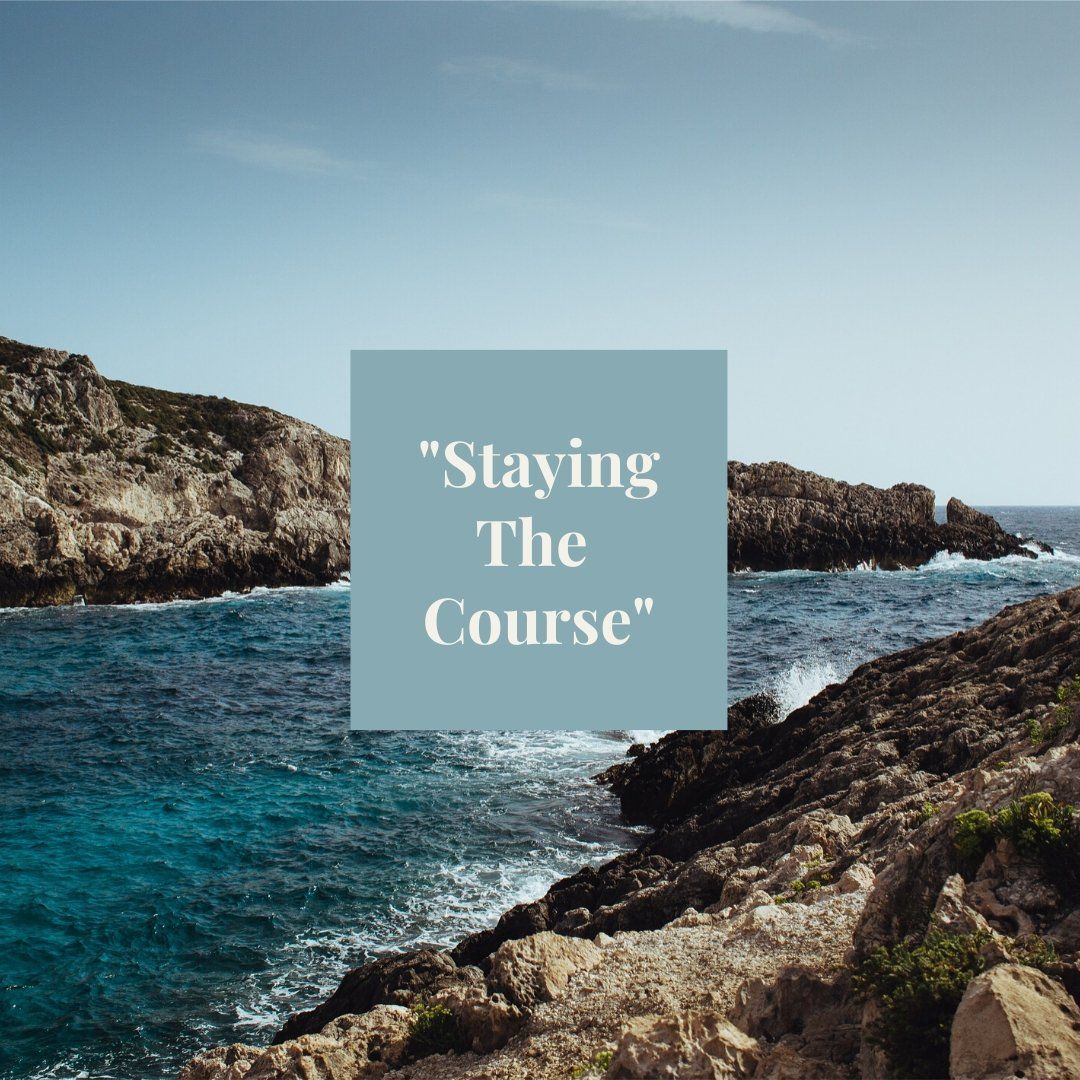
The late journalist David Carr, a Minnesota native, once wrote this: “Chemical dependency does not change — have one and you might die — and recovery does not change — have none and you might live.”
“Addicts live between those two poles,” he added. “But the hole that they once tried to fill with chemicals always remains, pushed back on a daily basis.”
The world today has created an external challenge to our own peace of mind, and therefore to our sobriety, of a magnitude we have never before experienced. For many of us, the daily pushing back in this environment can take an exhausting level of work and commitment; when we finally close our eyes at the end of the day, there’s no doubt that we’ve earned our stripes.
Yet it’s often true that as addicts, we can handle the big stuff. The tools of our sobriety — talk therapy, spiritual renewal processes — are well-honed to deal with big (and therefore, obvious) challenges. It is often the smaller, sometimes almost invisible challenges that can actually more seriously disturb our equilibrium, as counter-intuitive as that may sound.
Carr also wrote that “addiction… is a pirate, constantly on patrol and looking for a weakness so it can climb aboard.” The little things that bother us — imperfections that we want to be perfect — create those weaknesses that our addiction is ready and waiting to exploit. So we must be on guard against not just the challenges that smack us in the front of the head, but those that sneak up on us from behind… a seemingly petty annoyance, a resentment, a conflict.
It is the big things, though, that make an easy excuse (especially because it’s more convenient to blame external forces for our problems): “The world has gone to hell in a hand-basket, and I wouldn’t even think about having a drink except that blah blah blah, I deserve something to relieve this pressure, maybe just this one time…”
Maybe just this one time. Those are dangerous words. Whether you’ve experienced it or not, relapse is brutal in so many ways, not the least of which is the damage it does to our ability to trust ourselves. Getting up after a relapse takes a lot of courage — I would submit that it is actually a heroic act. But just as know we always have one more drunk in us, we can never be sure we have one more recovery.
Yes, these are challenging times for sobriety. But the rewards have never been greater — when you can face today’s tests with clear thinking and vision, emotions that are not numbed, and hope that is not hollow, you should take great pride in your accomplishment.
- The Project Turnabout Team



